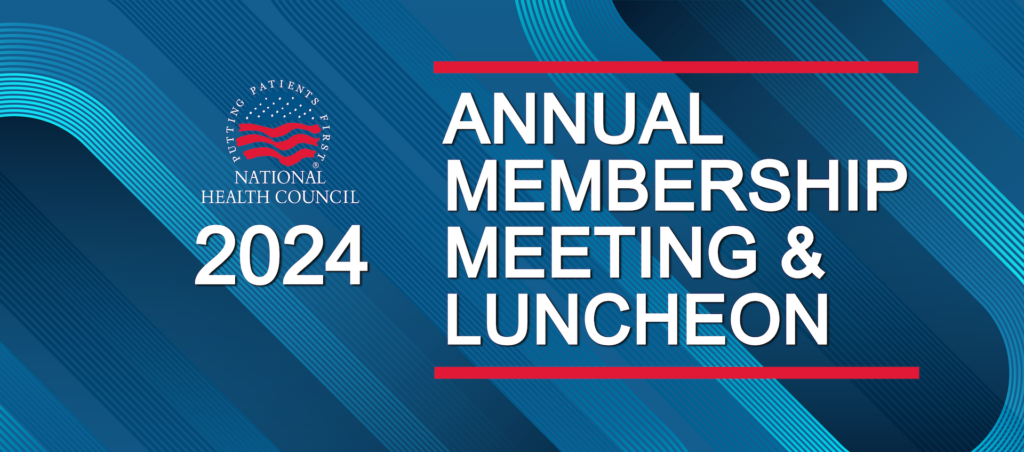

Start the Conversation: A Year-Round Priority
By: The National Hemophilia Foundation
March is Bleeding Disorders Awareness Month (BDAM) – as the month is soon coming to a close, it’s an important time to reflect on the goals of the month, and how the spirit of the month can carry forward year-round.
The month is an important time to start conversations and raise awareness around inheritable blood and bleeding disorders like hemophilia, von Willebrand disease, and more. In fact, that’s the official theme of an annual BDAM campaign from the National Hemophilia Foundation (NHF) – “Start the Conversation” runs from March 1 to 31. The campaign aims to showcase a wide variety of experiences across disease states, research, education, and advocacy.
BDAM serves as a prompt to start thought-provoking and engaging conversations that draw attention to the community’s most pressing questions, issues, and needs. But these topics – such as mental health, access to care, and more – are not just conversation starters. They are real life issues for community members – ones that impact them every single day of their lives.
Community members, supporters, and medical providers too often see blood/bleeding disorders excluded from common conversations around chronic and lifelong conditions. The month serves as a jumping point for the daily goals of our community – to elevate the visibility of disorders among national medical priorities, and to remind others that these conditions face many of the same challenges as other chronic conditions.
“Inheritable blood disorders are often excluded from the national conversation around medical priorities,” said NHF President and CEO, Dr. Leonard A. Valentino. “This campaign hopes to highlight disorders like hemophilia, von Willebrand Disease, rare factor deficiencies, and others, within issues that are common across disease states, like mental health for chronic disorders, accessibility and affordability of medications, and more. With ‘Start the Conversation’ our community will be able to share what is of utmost importance to them and their families.”
Garrett Hayes, who lives with severe hemophilia A, says that “As someone with a rare disorder, I often find that I haven’t known how to start the conversation with people outside of the community. This campaign makes it easier for me to feel less alone, and I’m grateful for the guidance and conversation starters that will help me better tell my life’s story.”
Many other community members and medical providers have spoken up throughout the month. Click to hear from physicians, public health professionals, and community members in various videos. Follow the foundation on social media to hear even more – click to follow on Instagram, YouTube, Facebook, and/or LinkedIn.
In bringing together voices from across the community, “Start the Conversation” aims to find specific and actionable conversations that reduce stigma and increase understanding via open and honest conversations that get to the heart of prominent questions and concerns.
BDAM has a long history of patient advocacy and evolving to reflect the community – while the month became an official health observance of the U.S. Department of Health and Human Services in 2016. It was previously denoted as Hemophilia Awareness Month — beginning in in 1986 with a proclamation from President Reagan – thanks to the power of advocates who raised their voices to demand attention and awareness. It was advocates again in the 2010s who rallied again to make the month reflective of blood/bleeding disorders beyond hemophilia.
The month is a lesson in the power of united community, shared goals, and the importance of a continued conversation. Thanks to all who have supported the month and carry its lessons through each 365 days around the sun.
Join the month’s ongoing mission and download free resources at www.hemophilia.org/bdam. You can help call attention to the stories, struggles, and successes of the many individuals and families in the U.S. living with hemophilia, von Willebrand disease, rare factor disorders, and more.
The National Hemophilia Foundation is a member of the National Health Council. For more information on NHC membership, please email membership@nhcouncil.org.


